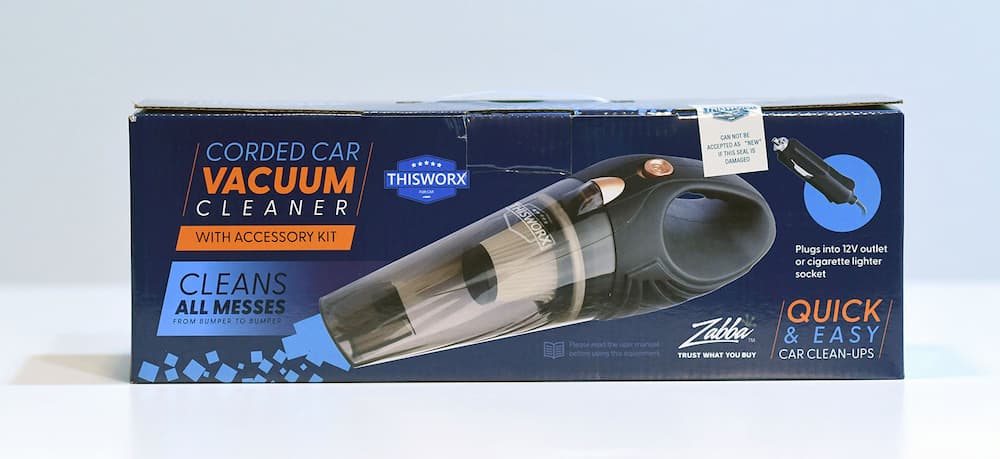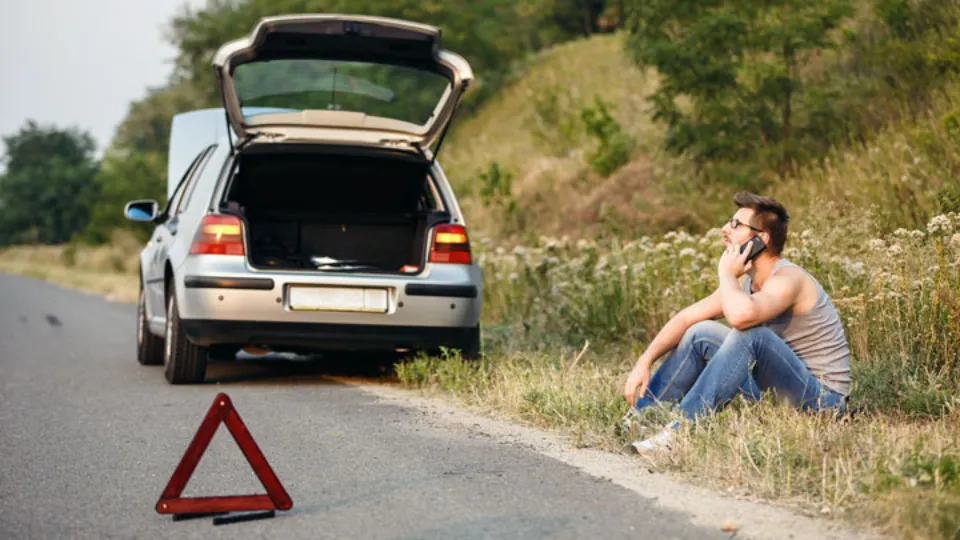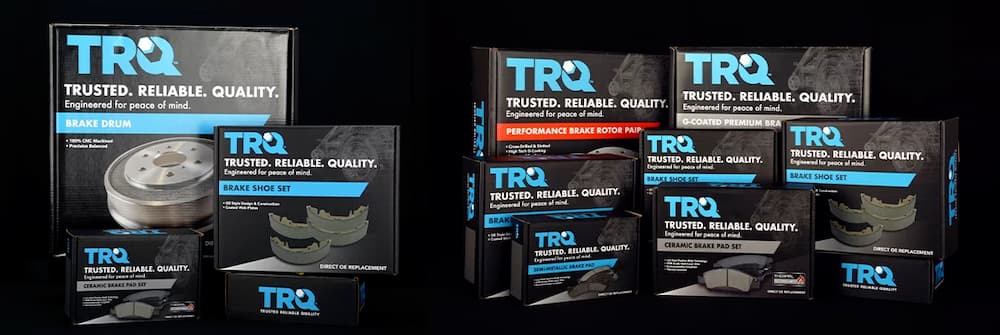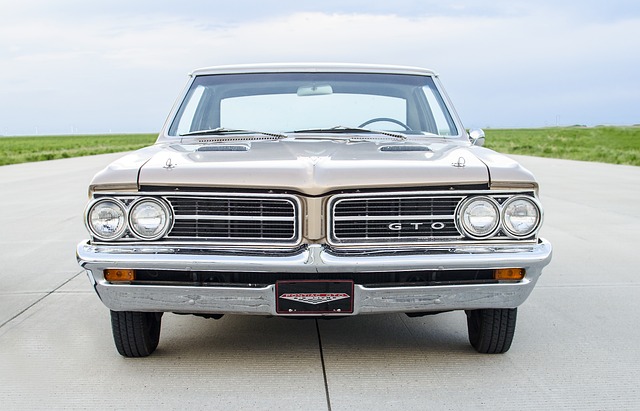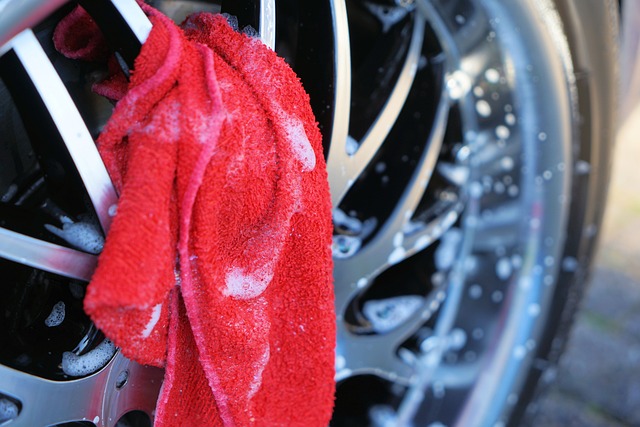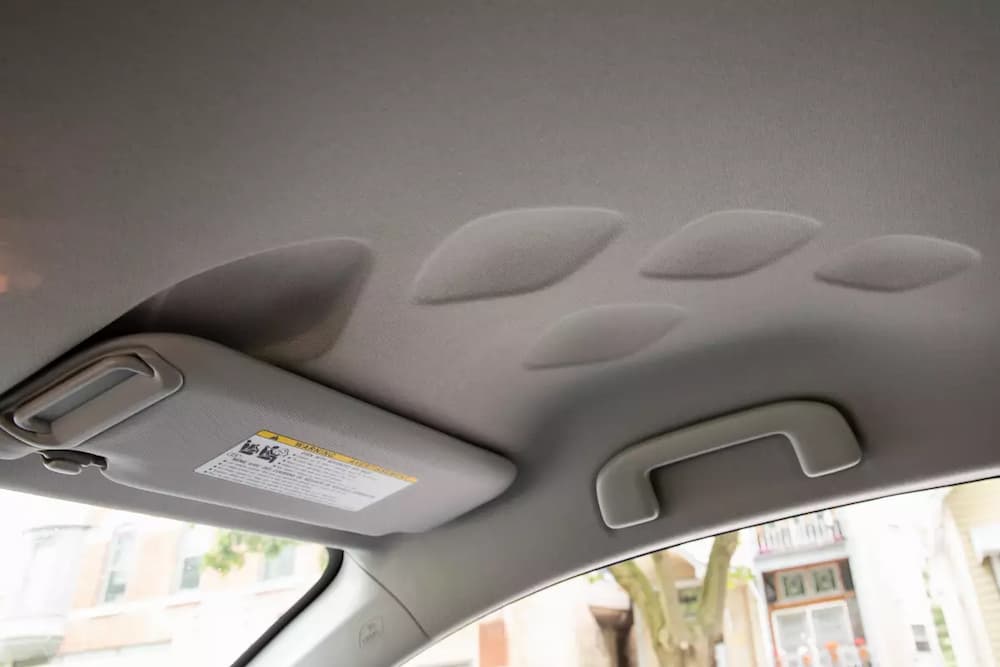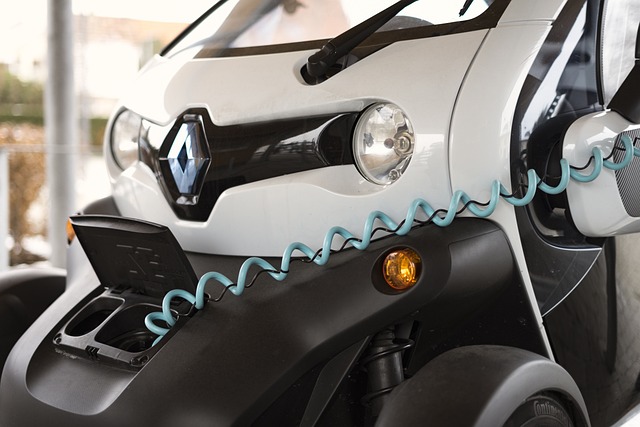To clean car battery corrosion safely, you need to prepare materials, then protect yourself, remove and dispose of the old battery, and neutralize the battery acid. This article will show you SPECIFIC details and give some tips.
Have you noticed a flaky, blue- or white-colored substance on your car battery and are having trouble starting your car or other problems with its performance? Battery corrosion is your issue.
Corrosion on a car battery can be removed quite simply. Simply carefully unplug the cables, use your cleaning agent to scrub away the corrosion, rinse, dry the battery, then apply a corrosion-preventive substance before replugging the cables back in.
Table of Contents
Required Materials
Are you unsure of the kind of cleaning solution that will be effective? Will vinegar and baking soda remove corrosion from batteries? Yes, this dynamic duo is among the most effective ways to permanently end battery corrosion.
The battery acid is neutralized by baking soda, which is then broken down by a reaction with a small amount of vinegar (or lemon juice).
Here’s everything you’ll need to remove corrosion in the battery compartment:
- White vinegar or lemon juice
- Baking soda
- Gloves
- Eye goggles
- Cotton swabsor a toothbrush
How to Clean Battery Corrosion?
Protect Yourself
Wear safety glasses, a face mask, and gloves while you’re mucking around with battery corrosion, which is highly caustic.
Use a piece of leftover cardboard or an old rag to cover your work surface.
Remove and Dispose of the Old Battery
Use a different sealable plastic bag for each battery after removing the corroded battery from the device and placing it in sand or cat litter.
To learn how to dispose of it, contact your city’s office for household hazardous waste. Never dispose of corroded batteries in the trash because they pose a risk to the environment and a risk to the landfill.
Neutralize the Battery Acid
To neutralize the battery acid, sprinkle some baking soda over the corrosion.
To apply vinegar or lemon juice over the baking soda, dunk an old toothbrush or cotton swab in the liquid until it is completely saturated. Allow it to fizz for a few minutes, then scrub the corrosion away and rinse with cotton swabs dipped in fresh water.
Before inserting fresh batteries, allow the compartment to completely dry.
READ ABOUT Can a Car Battery Die While Driving?
What is Battery Corrosion?
Your car’s battery posts, terminals, or cables may have a substance with a white, green, or blue tint that is battery corrosion. A corrosive environment is created when battery acid releases hydrogen gas and reacts with the air. The battery can corrode in this atmosphere.
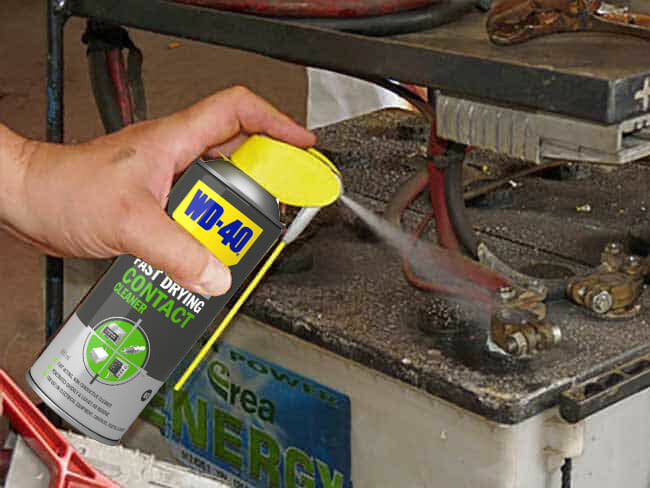
Is Battery Corrosion Dangerous?
Battery corrosion is risky, yes. If your skin or eyes are exposed to battery corrosion, it can irritate or burn them. If battery corrosion is not addressed, your car may suffer additional damage that will cost more to fix the longer you wait.
You should take precautions when handling car batteries because they contain sulfuric acid. The batteries are made with vent caps to let out the gases that battery acid can produce, which can be explosive. Working with batteries should only be done in well-ventilated spaces. A short circuit can be avoided by keeping all metal objects and tools away from the top of the battery. In the end, never try to charge a battery that has been damaged.
After handling a car battery, take the following precautions:
- With water, remove your gloves.
- Put soap and water to use to wash your hands.
- Use baking soda to neutralize any battery acid that has spilled.
Wash the area with sanitized, lukewarm water that is gently flowing for 30 minutes if battery acid gets on your skin. After that, keep flushing and seek medical attention if it’s still irritated. If battery acid gets in your eyes, flush them for the same amount of time and in the same manner as you would your skin. But in this situation, you should get help right away.
Causes of Battery Corrosion
Battery corrosion has several different causes, including:
Overcharging. The temperature can rise too high if you overcharge your battery. The electrolytes in the battery might expand as a result of this. In order to prevent explosion, batteries have vents that allow pressurized battery fluid to escape. Corrosion may result from a battery fluid leak from the vents.
a battery problem. Your battery may leak battery fluid if it has cracks and other damage. Leaking battery fluid can result in electrolyte buildup on the terminals, which leads to corrosion.
excessive battery charge. Some batteries require a water refill in order to function properly. A battery’s vents release extra water if it is overfilled. Corrosion may develop if water makes contact with the battery terminals.
Copper clamps. A chemical reaction will occur if sulfuric acid from your battery leaks into contact with copper clamps. Corrosion is caused by the copper sulfate that results.
Age. Battery life for cars is frequently 5 years. It’s typical to start noticing corrosion if yours is about to fail.
Identify Battery Corrosion
The majority of motorists do not realize their car battery is corroding until they begin to experience issues while traveling through Fort Lee or New York City. But anyone who wants to drive defensively can quickly and easily learn the signs. Here’s how:
- Before attempting to approach the battery, let your car cool for at least 30 minutes. Wearing safety glasses and heavy-duty rubber gloves is also a good idea.
- Examine the battery terminals. Corrosion is present if either one or both of these are covered in white, green, blue, or teal residue.
READ ABOUT How Long Does a Car Battery Last Without Driving?
Tips for Preventing Battery Acid Leakage
Following a few straightforward tips and tricks to stop battery leaks is the best way to avoid having to clean up corrosion caused by batteries in the first place.
Install Batteries Properly
Batteries can suffer damage from improper installation, which can result in acid leakage.
Remove the Batteries If You Aren’t Going to Use the Device for a Long Time
Remove the batteries from anything you plan to donate first.
Never Mix Old and New Batteries in the Same Device
Replace each battery with a fresh one when the device dies.
Don’t Store Batteries in the Freezer Or Refrigerator
Just store them away from direct sunlight in a cool, dry place.
Conclusion
To keep the car in good working order, it’s critical to prevent corrosion in the car battery. Thankfully, it’s very simple to remove corrosion from a car battery. It only needs a few straightforward steps and some caution.
Did this tutorial solve your corrosion-related car battery issue? If it did, perhaps you could let others know about this article so they can benefit too. Please feel free to leave a comment if you have an idea.


